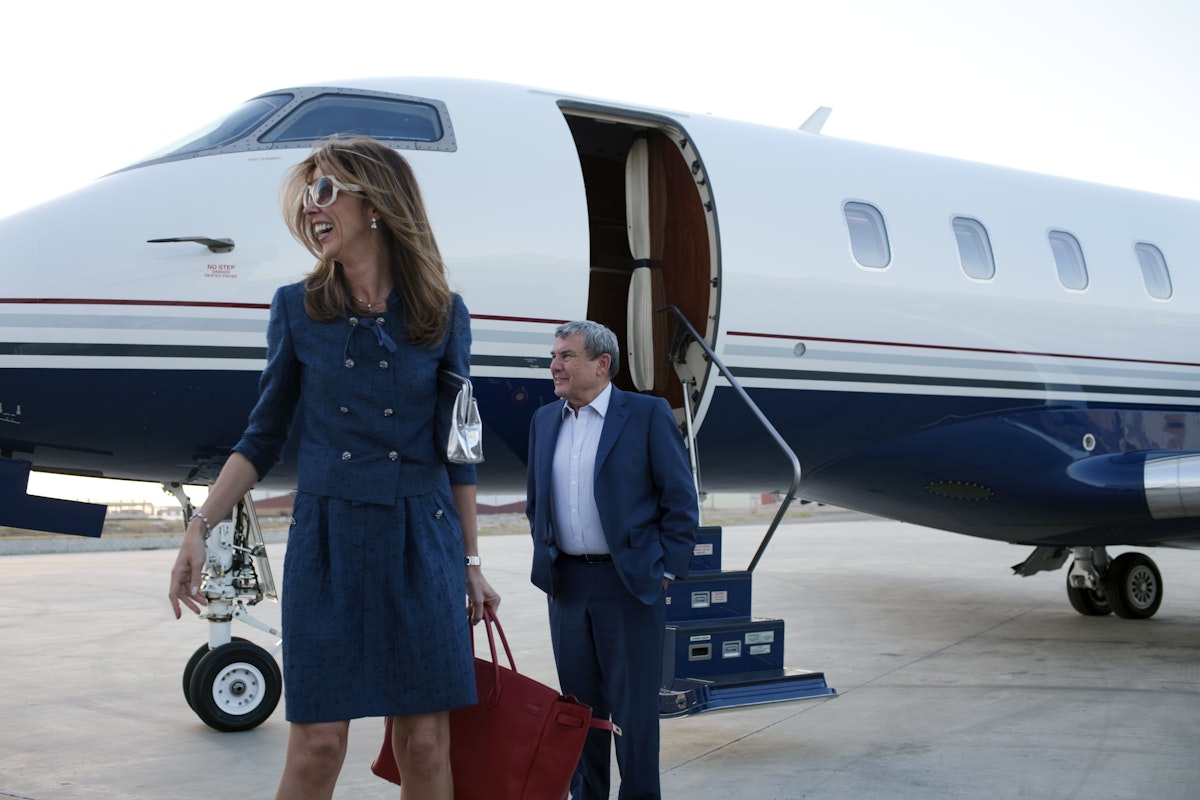
Gordon Brown, the former British prime minister, is campaigning for a small international tax on oil and gas export revenue. William Ruto, the president of Kenya, is calling for a more ambitious package of reforms, including a tax on the international oil trade. (Unlike Brown, he is speaking for a group of countries, as per the common position negotiated at the Africa Climate Summit.) Mia Mottley, the prime minister of Barbados and a key voice in the new finance debate, has similarly called for new corporate climate taxes, among much else, and takes care to stress that “not just the oil and gas companies” are properly targets of such taxes.
What would happen if we started taxing the obscenely wealthy and their massive emissions as well? We have a pretty good idea of how this class and their emissions are distributed: Per the World Inequality Lab, about 46 percent of global 10 percent emissions come from North America, about 16 percent from Europe, and about 12 percent from China. If you focus on the global one percent, the numbers get still more skewed—North America clocks in at 57 percent, Europe at 15 percent, and China at 6 percent. Clearly, the global one percent still tend to live in the global north, which is good to know, although we shouldn’t forget the rest of those in the global 10 percent, regardless of where they live.
The protesters are demanding that we tax the rich, and I could hardly agree more. The best approach would be multilayered: In practice, a proper climate funding framework would involve not just progressive emissions taxes but straight-up wealth taxes as well, and all sorts of innovative financial instruments, from financial transaction taxes to new kinds of international shadow currencies (“special drawing rights”), as well as profound energy subsidy reforms (according to the International Monetary Fund, fossil energy is now receiving about $7 trillion a year in direct and indirect subsidies), large-scale debt forgiveness for struggling countries, and an international fair-shares assessment process that fills the gaps and ensures that the whole package is balanced and just.